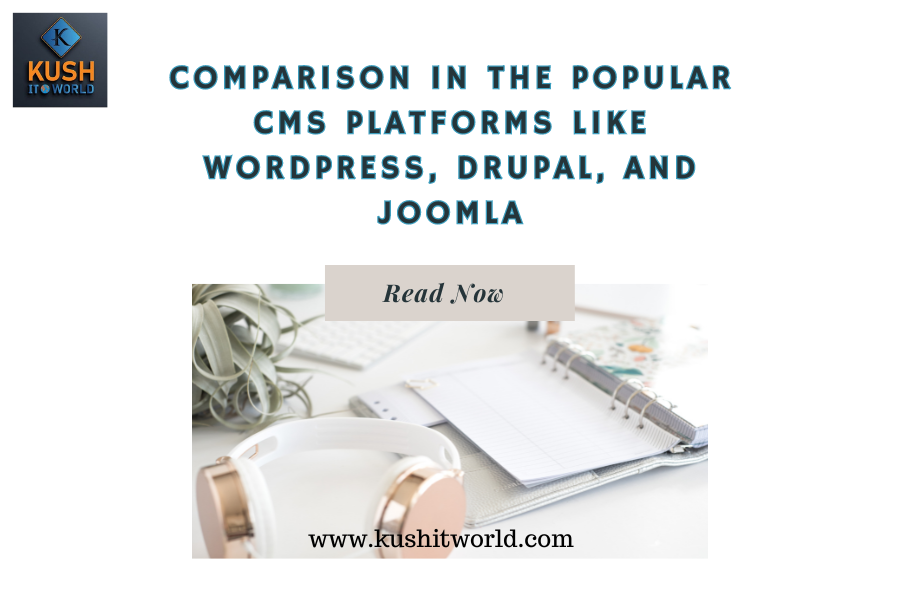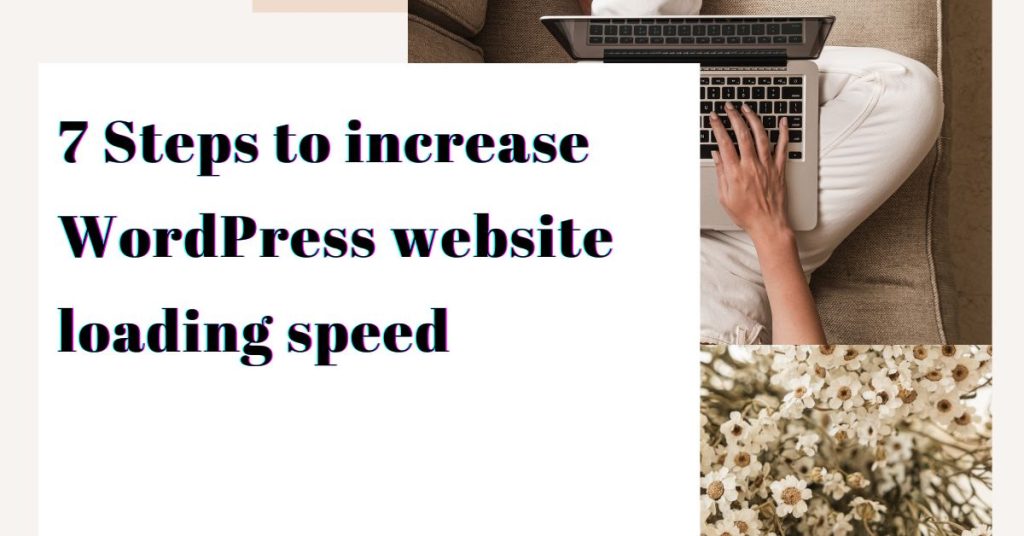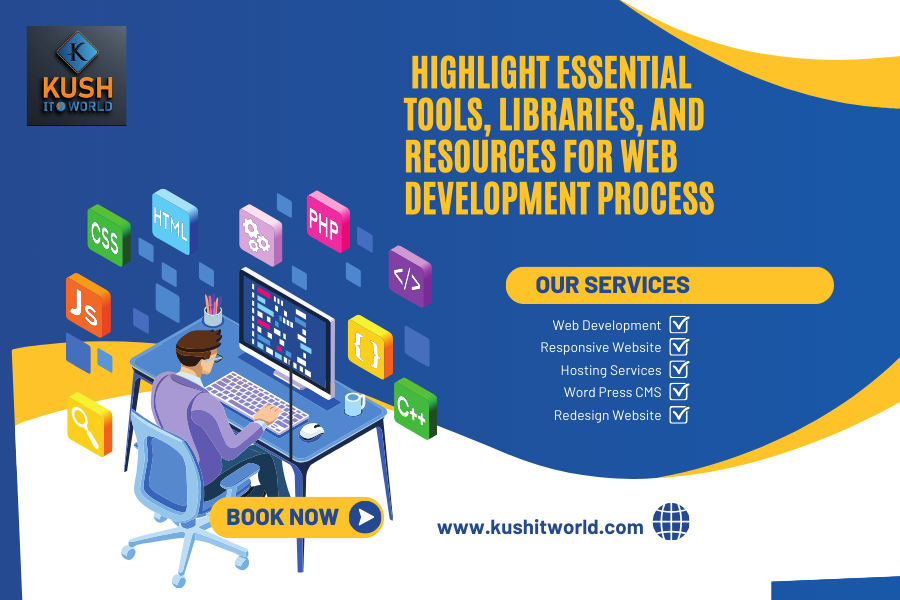Content Management Systems (CMS) Comparison: Compare popular CMS platforms like WordPress, Drupal, and Joomla to help readers choose the right one for their needs.
Choosing the right Content Management System (CMS) is a critical decision when building a website. Popular CMS platforms like WordPress, Drupal, and Joomla each have their own strengths and weaknesses. In this comparison, we’ll take a closer look at these three CMS platforms to help you make an informed decision based on your specific needs.
WordPress: The King of User-Friendliness
Strengths:
User-Friendly: WordPress is known for its user-friendliness. It’s a great choice for beginners and those with limited technical expertise.
Massive Community: With the largest user base, WordPress has an extensive community, offering plenty of themes, plugins, and resources.
Customization: Thousands of themes and plugins are available to customize your website, making it versatile for various needs.
SEO-Friendly: Many SEO plugins are available for WordPress, helping you improve your website’s search engine visibility.
E-commerce Integration: Popular e-commerce plugins like WooCommerce make it easy to create online stores.
Weaknesses:
Security: Due to its popularity, WordPress can be a target for attacks. Regular security measures are essential.
Scalability: While it’s suitable for smaller to medium-sized websites, larger enterprises may face limitations.
Complexity for Customization: While plugins and themes are available, highly customized websites may require extensive development work.
Drupal: The Powerhouse for Advanced Users
Strengths:
Highly Flexible: Drupal is extremely flexible and can handle complex, content-heavy websites and applications.
Security-Focused: Drupal is known for its robust security features, making it a strong choice for enterprises and government websites.
Scalability: It scales well to handle larger websites and heavy traffic.
Content Organization: Offers fine-grained control over content types, taxonomies, and user roles.
Customization: Ideal for highly customized websites and applications.
Weaknesses:
Steep Learning Curve: The extensive features and customization options may be challenging for beginners.
Resource-Intensive: Drupal can be resource-intensive in terms of hosting and development.
Smaller Community: While it has a dedicated user base, it’s smaller compared to WordPress.
Joomla: A Balance Between User-Friendly and Powerful
Strengths:
Ease of Use: Joomla strikes a balance between user-friendliness and power, making it a solid choice for small to medium-sized websites.
Community and Extensions: It has a supportive community and offers numerous extensions, templates, and modules for customization.
Multilingual Support: Joomla offers strong multilingual support, a feature many other CMSs lack.
Scalability: It’s suitable for websites of various sizes, from blogs to e-commerce sites.
SEO Features: Joomla provides built-in SEO features to help with search engine optimization.
Weaknesses:
Less Versatile than WordPress: While it’s more powerful than WordPress, it’s not as versatile for various website types and sizes.
Development Complexity: Customizing Joomla may require more development work than WordPress but is easier than Drupal.
Smaller Community: The community is smaller compared to WordPress, which can affect the availability of themes and plugins.
Choosing the Right CMS for You
The choice between WordPress, Drupal, and Joomla ultimately depends on your specific needs:
Choose WordPress if you’re a beginner or need a user-friendly solution for a blog, portfolio, or small business website.
Choose Drupal if you’re an advanced user or your project involves complex content, security requirements, or scalability.
Choose Joomla if you’re looking for a balance between user-friendliness and power, particularly for small to medium-sized websites.
Remember that the success of your website also depends on factors like hosting, maintenance, and security. Regardless of your choice, staying up to date with best practices and ensuring regular maintenance is crucial for a successful online presence.











